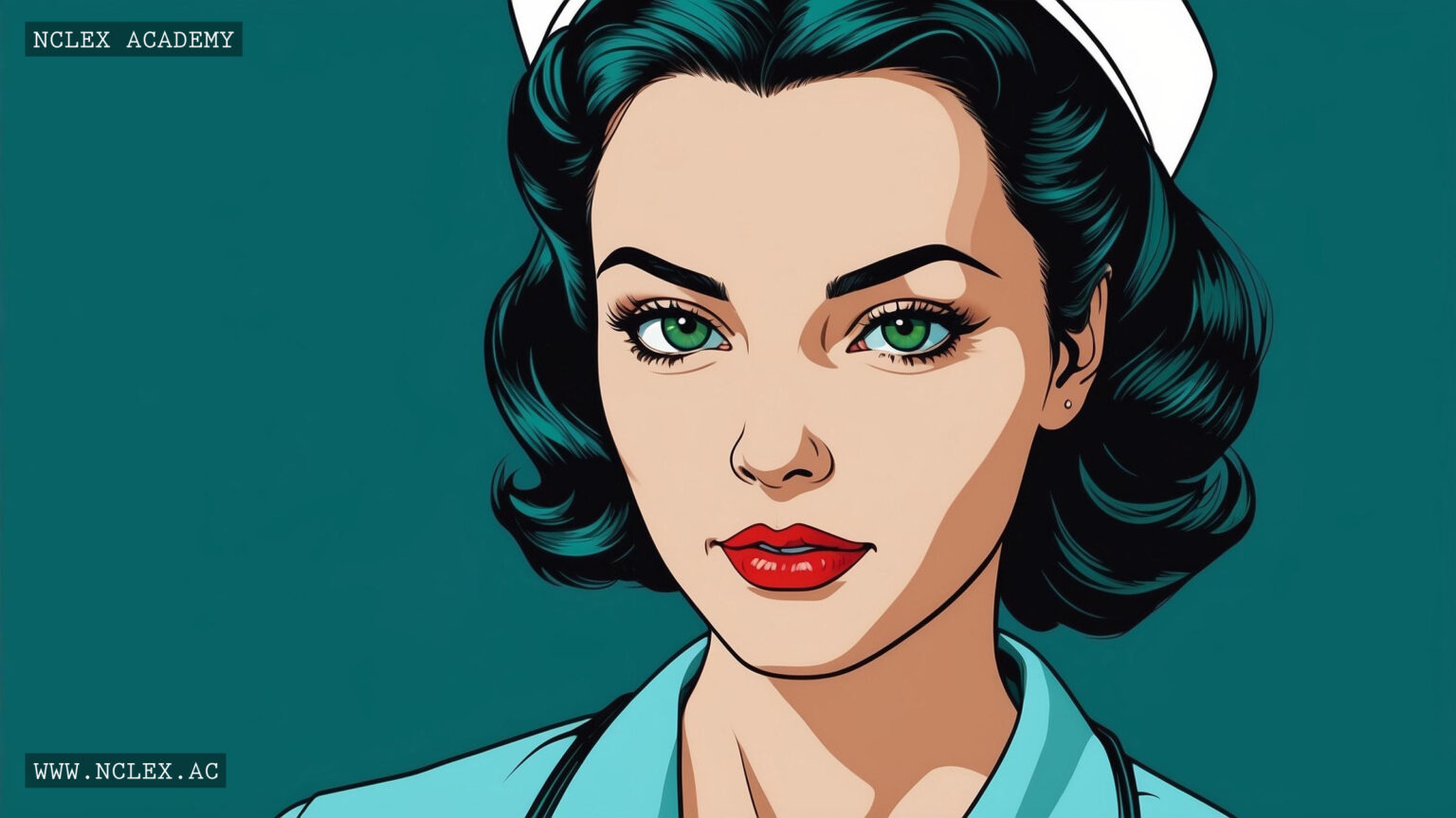As the realm of healthcare evolves, the role of nurses continues to expand and become more complex, necessitating cutting-edge tools to meet the challenges of the future. By 2028, breakthrough medical devices promise to transform the landscape of nursing practice, enhancing efficiency and patient care. In this listicle, we’ll explore eight pioneering medical devices that are set to revolutionize nursing by 2028, offering a glimpse into the future of this noble profession.
1. Wearable Health Monitors
By 2028, wearable health monitors will be commonplace in nursing care, providing real-time patient data and freeing nurses from the bounds of traditional monitoring methods. These advanced devices can track vital signs such as heart rate, temperature, oxygen saturation, and even blood glucose levels. Equipped with AI algorithms, they analyze patterns to predict potential health events before they occur, enabling proactive care and timely interventions. The ability to continuously monitor patients remotely not only increases efficiency but also improves patient outcomes, as nurses can respond rapidly to any concerning changes.
2. Smart Intravenous (IV) Systems
Smart intravenous (IV) systems will revolutionize the way medications and fluids are administered. These innovative systems will have built-in sensors and machine learning capabilities to automatically adjust the flow rate and dosage according to a patient’s real-time needs. With enhanced safety features, they will significantly reduce the risk of dosage errors, offering peace of mind for both nurses and patients. Nurses can then focus on other aspects of patient care, confident that their patients are receiving the right medications at the right times.
3. Portable Diagnostic Labs
The introduction of portable diagnostic labs is set to make a profound impact on nursing efficiency and patient convenience. These compact, state-of-the-art devices will enable nurses to perform a wide range of diagnostic tests at the patient’s bedside, from complete blood counts to pathogen detection. Results will be available within minutes rather than hours, facilitating faster clinical decisions and treatment plans, easing the burden on centralized lab services, and enhancing the patient experience.
4. Robotic Nursing Assistants
With the sophistication of robotics continuously advancing, robotic nursing assistants will become a crucial part of the healthcare team. These robots will help with lifting and moving patients, reducing the physical strain on nurses and the risk of workplace injuries. They can also assist with routine tasks such as delivering supplies and medications, allowing nurses to fully concentrate on providing direct patient care and other critical responsibilities that require a human touch.
5. Advanced Telemedicine Platforms
Nurses will have powerful telemedicine platforms at their disposal that extend beyond simple video consultations. These platforms will integrate with electronic health records (EHR) and wearable health monitors, offering a comprehensive view of the patient’s health status. They will also facilitate remote patient education and follow-up care, ensuring continuity of care even when patients are unable to visit healthcare facilities in person. Telemedicine will thus become an indispensable tool for nurses in providing accessible and quality care.
6. Augmented Reality (AR) for Training and Procedures
Augmented reality (AR) will become an essential tool for both nurse education and the delivery of care. AR overlays digital information onto the physical world, and by 2028 nursing students will use AR headsets for simulation training, honing their skills without risk to real patients. For practicing nurses, AR can provide visual procedural guides and critical information during medical procedures, improving accuracy and confidence. This technology enhances both the learning experience and patient safety.
7. AI-Powered Documentation Assistants
Documentation is a vital but time-consuming part of nursing. AI-powered documentation assistants will relieve nurses of this burden by transcribing voice notes, populating EHRs, and even suggesting diagnostic codes. These intelligent systems will learn from each interaction, becoming more efficient and accurate over time. By reducing the administrative load, this technology will enable nurses to focus more time on patient care and less on paperwork.
8. Next-Generation Emergency Response Drones
Drones equipped with medical supplies will become an essential tool in emergency response, capable of reaching patients in remote or inaccessible areas rapidly. These drones may carry anything from automated external defibrillators (AEDs) to medications, and by 2028, they might even be equipped to transport lab samples or deliver telemedical instructions from nurses or physicians. Their integration into nursing practice promises to extend the reach of healthcare services to previously underserved communities.
These eight medical devices epitomize the continual progress in healthcare technology, promising not only to enhance the practice of nursing but also to improve patient care on a global scale. Nurses equipped with such tools are poised to face the future with confidence, delivering care that is both advanced and compassionate. The landscape of healthcare is changing, and with innovation at its heart, nursing is set to stand at the forefront of this transformation, now and into the future.
NCLEX Academy
NCLEX Academy is a leading online platform dedicated to helping nursing students succeed in their NCLEX exams. With expert-led courses, printable exam prep materials, and personalized study plans, NCLEX Academy offers comprehensive resources to boost confidence and performance. The site also covers a wide range of interesting nursing topics, making it a must-visit for all nurses looking to expand their knowledge and skills. Join thousands of students and nurses who have achieved their dream of becoming licensed professionals with NCLEX Academy.
NCLEX Academy Official Website
